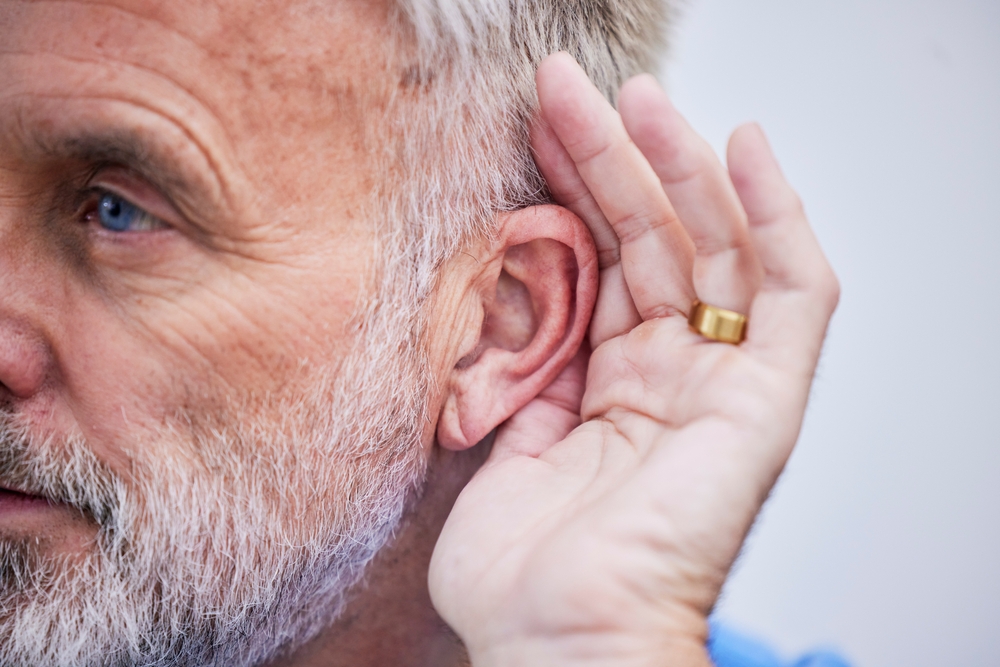If you’ve dedicated your entire career to certain professions, you might have come to terms with the likelihood of experiencing some degree of hearing loss. This doesn’t imply neglecting protection or disregarding safety protocols.
Rather, certain occupations inherently elevate the risk of hearing impairment, such as factory work, mining, construction, and involvement in loud events.
The question arises: when does hearing loss transition from a minor inconvenience to a level of severity that qualifies as a disability? Understanding this distinction is crucial.
Let’s delve into it.
The severity levels of hearing loss
Experts consider a loss of 10 to 15 decibels to be normal. You may ask, “why is any hearing loss normal?” Unfortunately, almost everyone will have hearing loss as they age. By the time you reach adulthood, you’ve already lost some sound perception.
Mild hearing loss starts at 26 to 40 decibels. If you can’t hear a sound quieter than 35, you have mild hearing loss. In everyday terms, this means you couldn’t hear someone right beside you whispering.
Moderate hearing loss is a loss of between 41-55. This means you would have trouble hearing people who use their inside voice. You probably ask people to speak up if there is any background noise at all or if they speak quietly or mumble.
With mild and moderate hearing loss, you’ll struggle with some voices more than others. For example, higher pitch voices like those of women and children may be harder to hear or fully understand. Some letter sounds may be hard to distinguish. That’s why hearing tests don’t test volume alone.
Severe hearing loss means you’ve lost 71-90 decibels. You can’t hear people talking at a reasonable volume standing right next to you without a device.
When do government organizations classify hearing loss as a disability?
In the United States, the Social Security Administration (SSA) is responsible for setting guidelines for qualifying disabilities. They have established two primary tests for the level of hearing loss call an Audiometry Test and Speech Recognition Test. Both are useful benchmarks for understanding the severity of a person’s hearing loss.
Audiometry test
An audiometry test tests the volume that you can hear.
In general, you’re considered disabled if you cannot hear below 90 decibels in your best ear, and you cannot hear below 60 through bone conduction. Some sound is received through bone vibration. That’s why your own voice sounds different on a recording.
Humans can hear lower decibels when the sound is a lower frequency, or pitch. They often have more trouble hearing these quieter sounds if the frequency is high. So to get an accurate representation of how well a person can hear, they have them listen to tones at various frequencies.
Your hearing specialist can then take an average.
Word recognition test
Even if you’re able to hear tones, you may not be able to understand words. Because of this, you’ll also take this test to determine speech recognition. You’ll be asked to listen to and repeat words.
People who can’t understand 60% of them may be considered to have a disability.
In Canada, the requirements are a little different and are outlined in this document by the Canadian Academy of Audiology.
How do you know when hearing loss is a disability?
Regardless of whether you qualify for disability benefits or not, you could still have a disability if hearing loss is impacting your ability to function in life.
Ask yourself some very important questions.
- Do you find yourself feeling unsafe at home or in public due to concerns about not hearing important sounds?
- Do you experience frequent frustration, misunderstandings, anxiety, or depression related to your hearing loss?
- Do you sense a disconnect during conversations with others?
- Are people around you visibly frustrated when communicating with you?
- Do you often request others to repeat themselves or speak louder?
- Do you feel like everyone is mumbling?
- Has the enjoyment of movies and music diminished?
- Are internal sounds like ringing, thumping, or static affecting your understanding?
- Are you facing challenges at work, such as difficulty hearing students if you’re a teacher, frequent misunderstandings with customers in a call center, or struggles in teamwork-dependent fields like construction? If your hearing loss is impacting your ability to perform your job, it has escalated to a level where it qualifies as a disability.
If you can answer yes to one or more of these, then you’re hearing is significantly impacting your ability to live life. This is when hearing loss becomes a disability.
A hearing specialist can help you find hearing solutions. Find a hearing specialist near you today.



